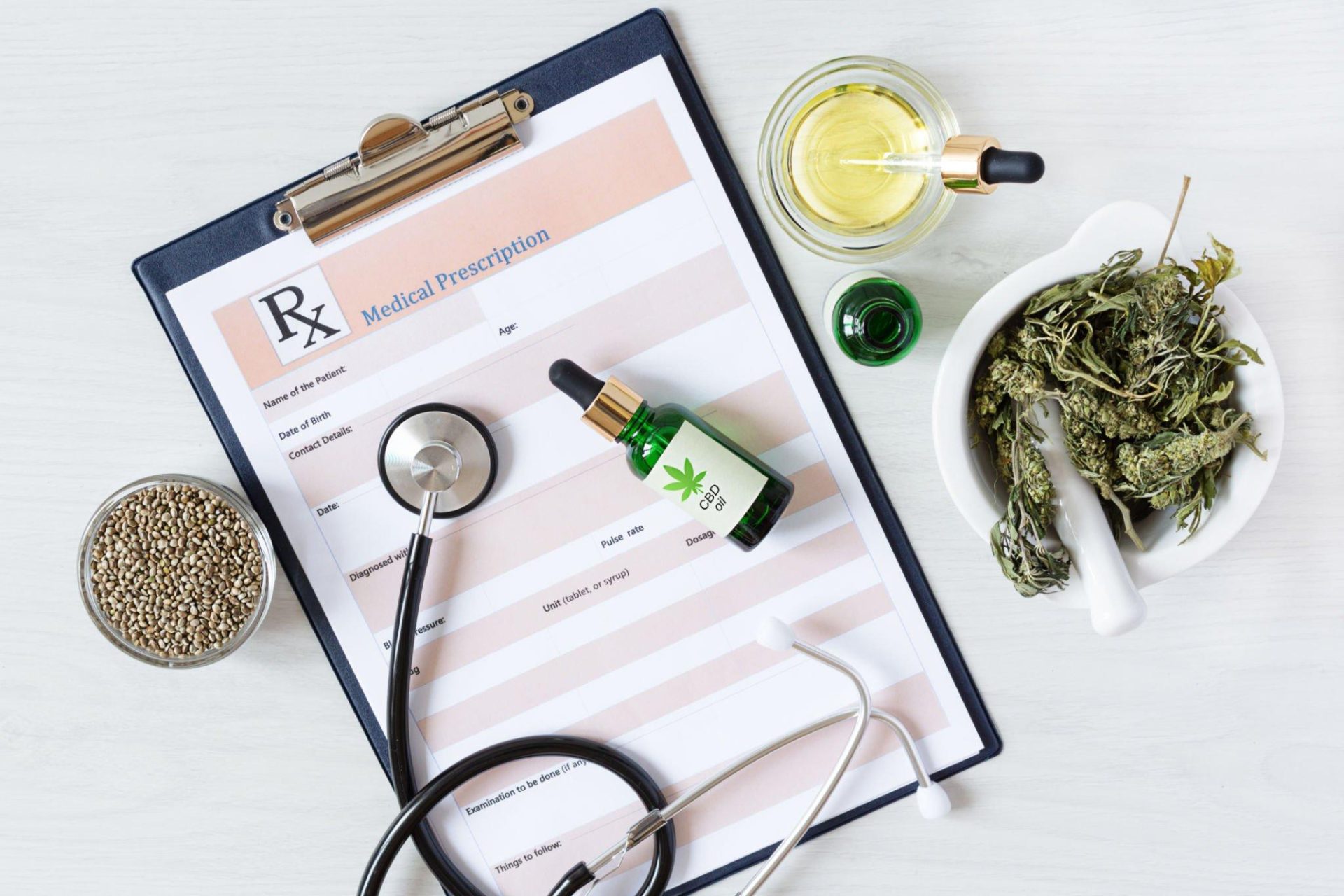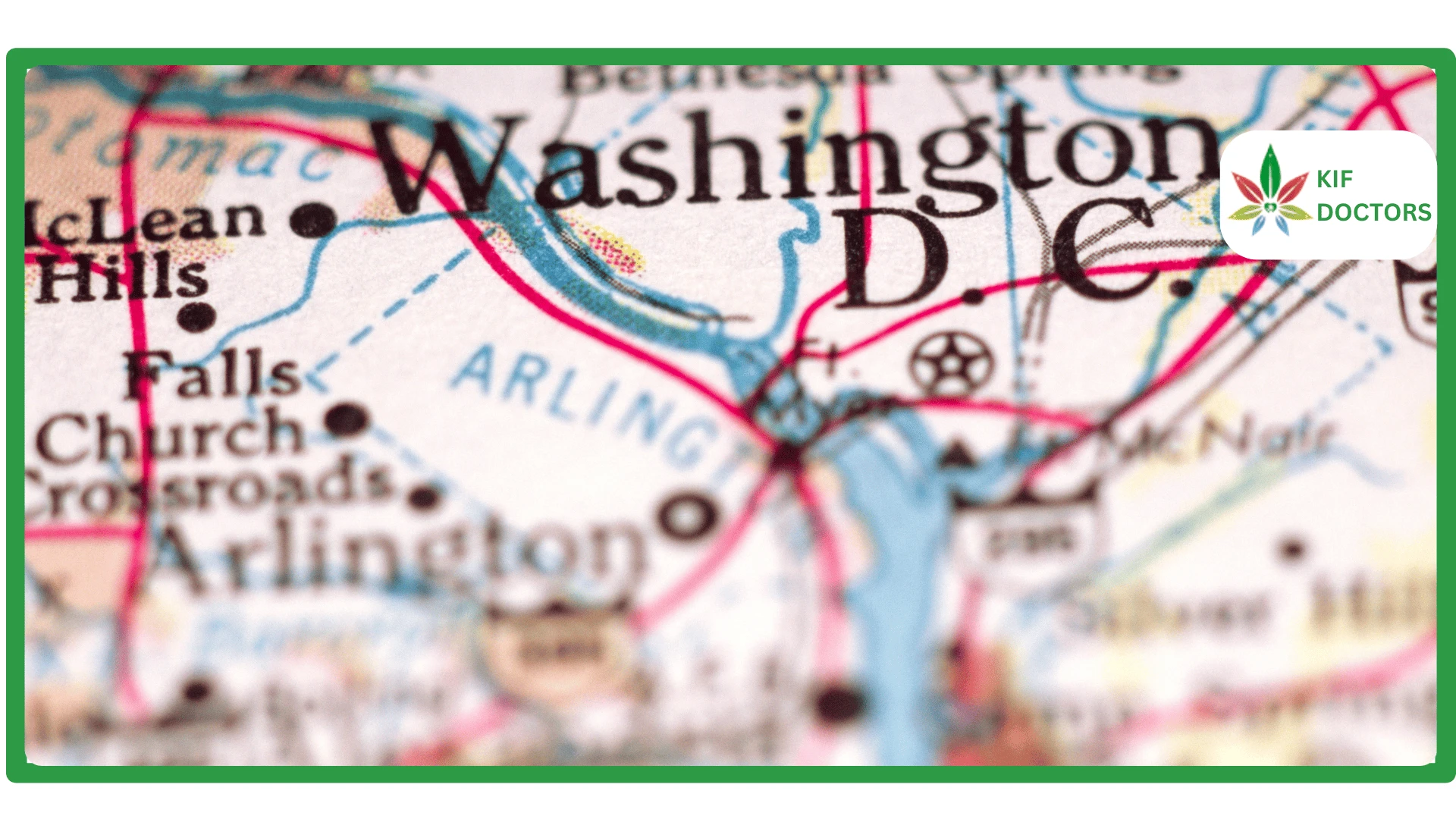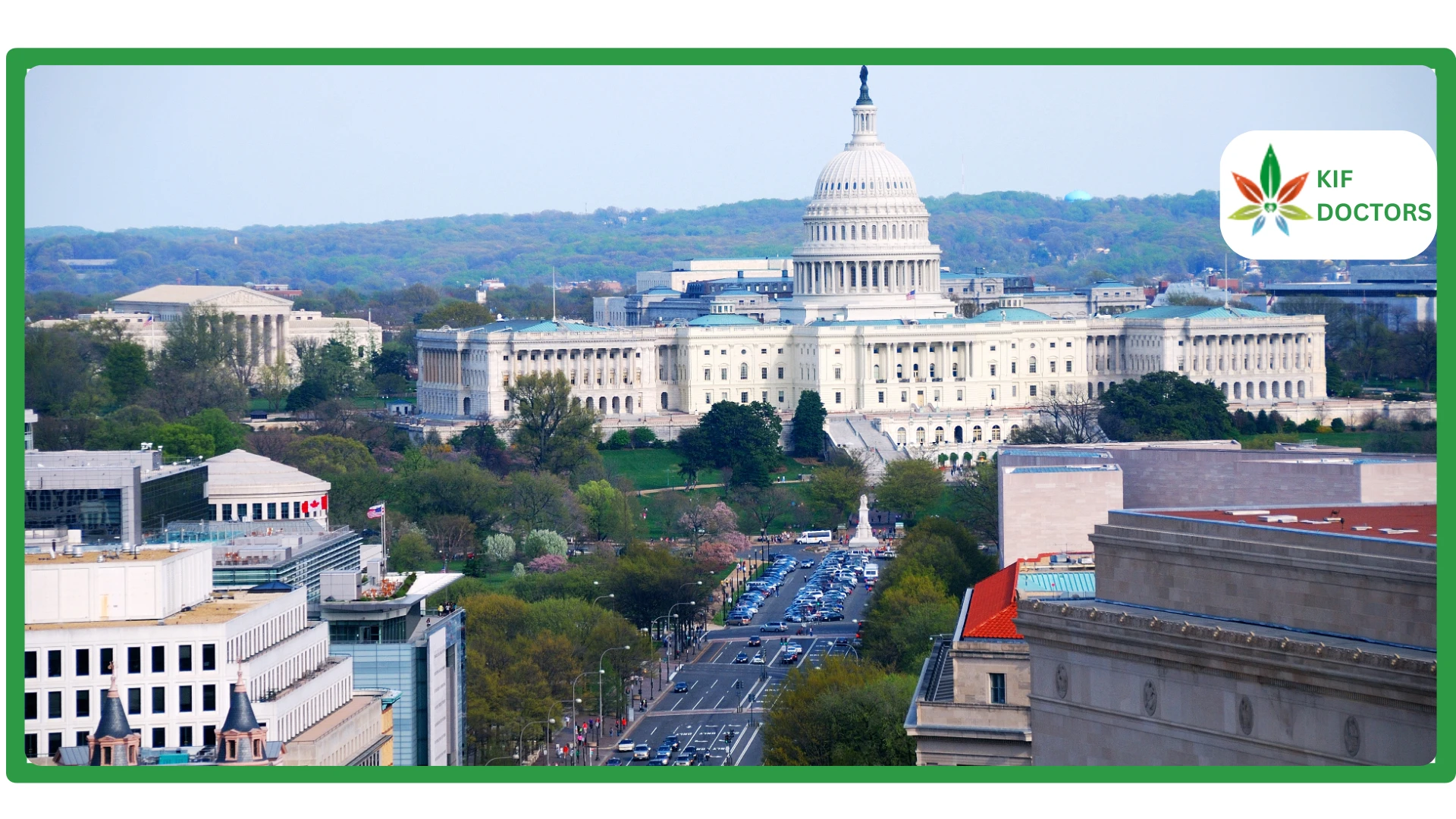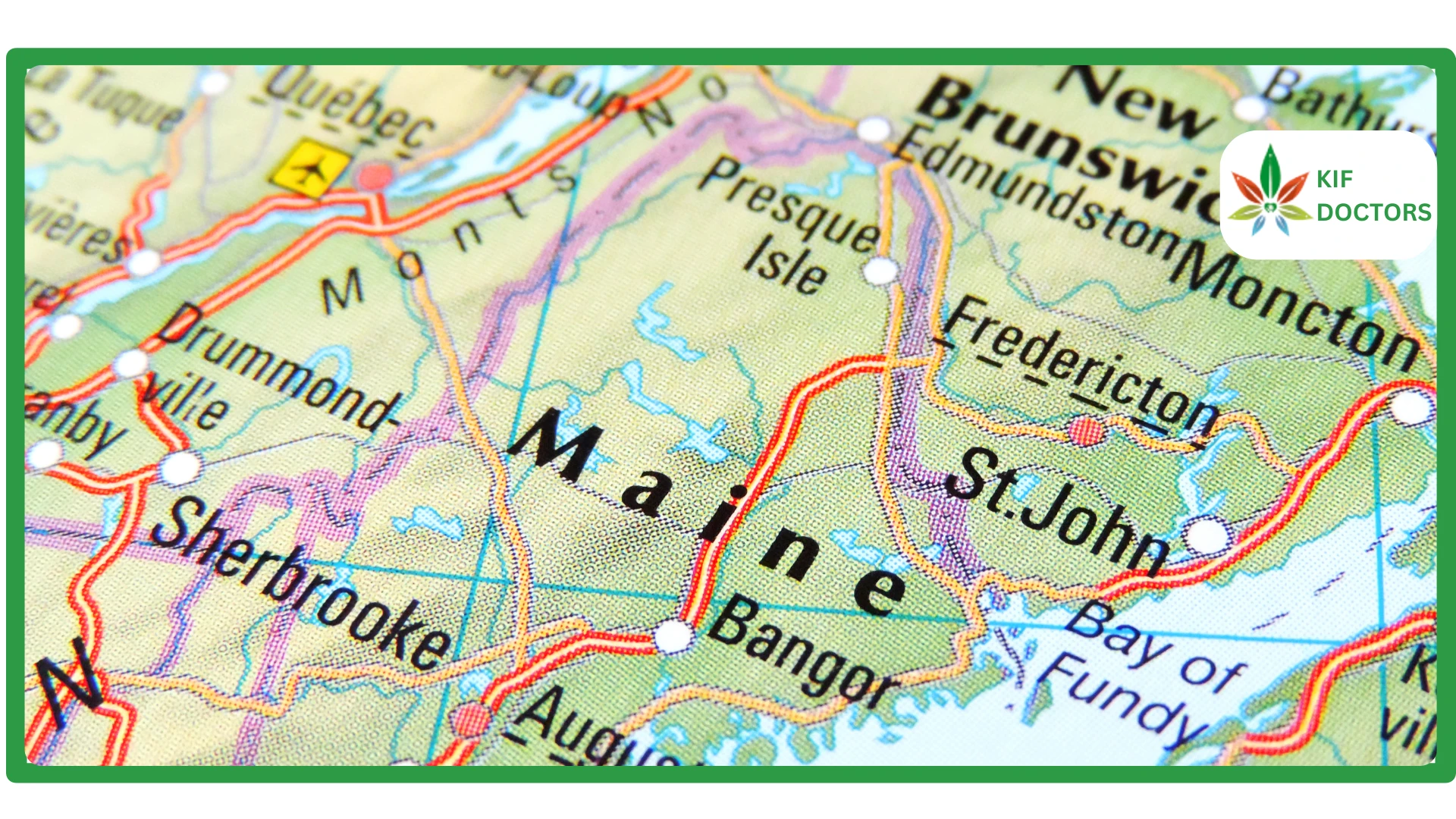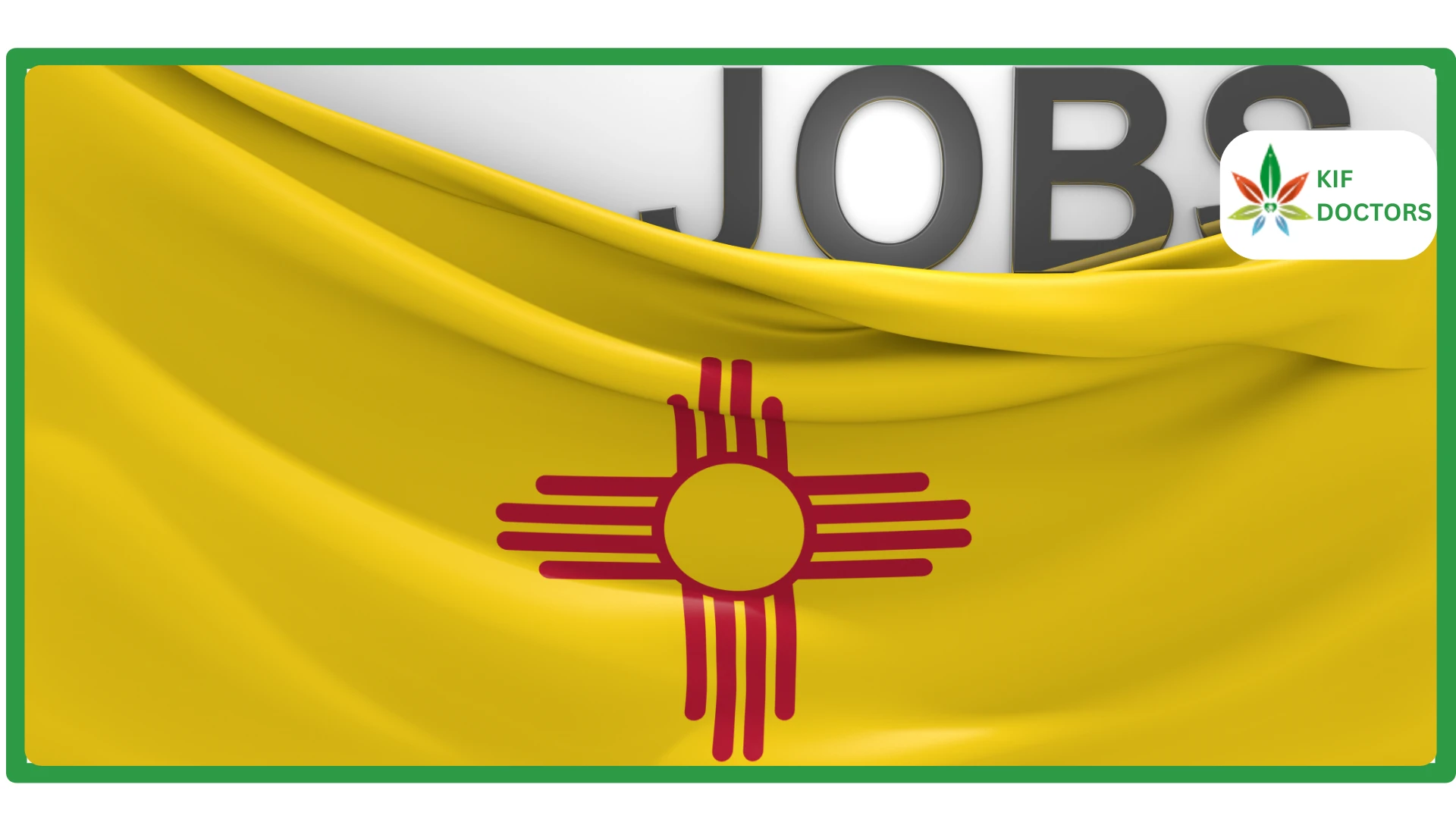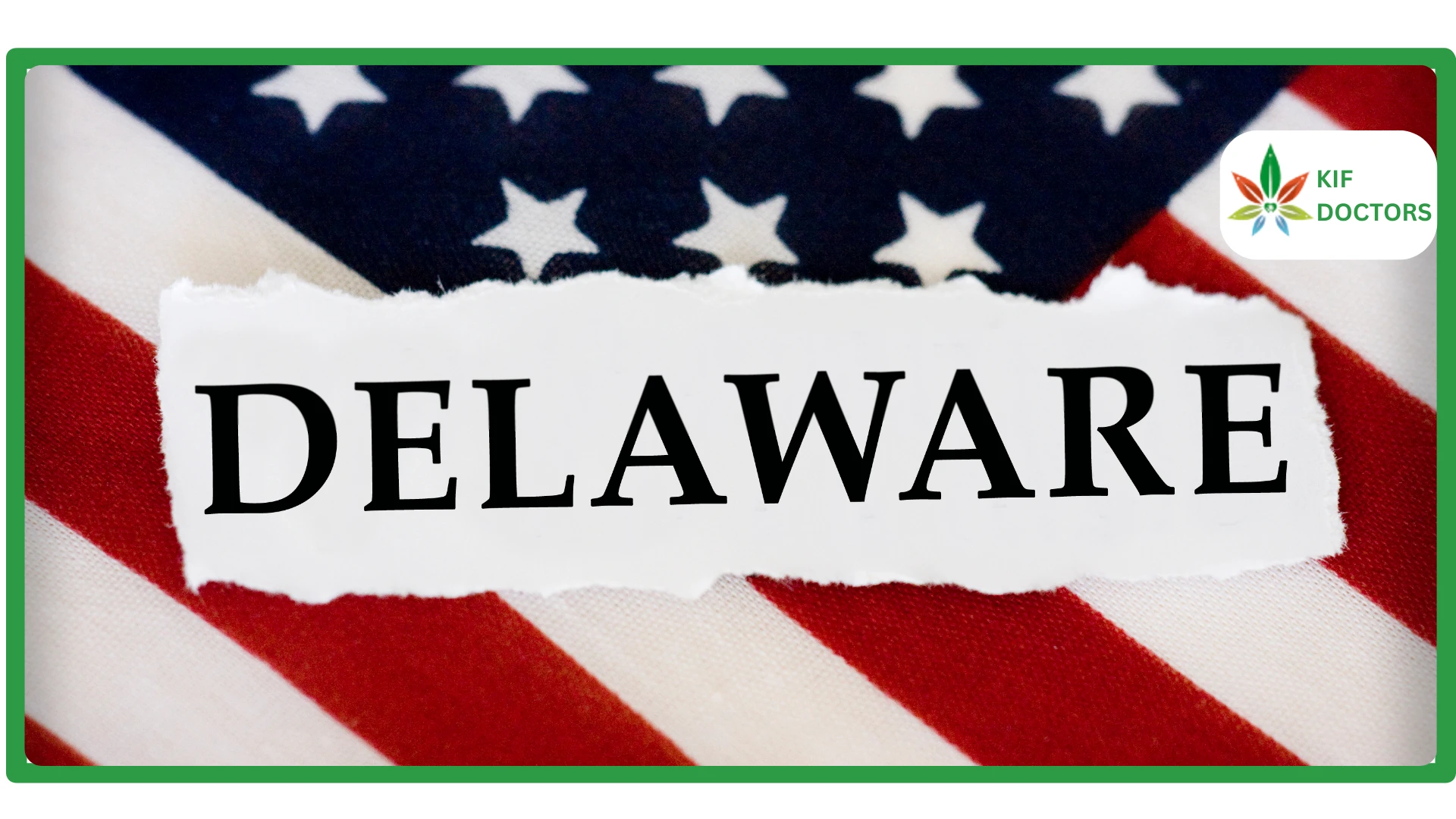Obtaining a medical cannabis card gives you the ability to buy a wide variety of cannabis products from authorized dispensaries. However, you might not want all of your other healthcare practitioners to be aware that you have a medical card. So, is there a way for them to find out more? Let's get started and discover more below.
Will all my Doctors be able to see I have a Medical Card?
No. The fact that you have received your medical card is kept a secret from your other doctors. Your certifying practitioner (the physician granting you your medical card) will be the only doctor who has direct access to that data.
However, information about your medical history, including the fact that you were granted a medical marijuana card, may be recorded in your medical document if you see different doctors who practice at the same clinic or health system. If one of your other doctors needs to consult your medical record at any point during your treatment, they might discover that you've already received your medical cannabis card. Your care may be impacted if your healthcare providers are unaware that you use medical marijuana.
How Would a Doctor Know that I have my Medical Card?
The State's prescription monitoring program (PMP), formerly known as I-STOP (Internet System for Tracking Over-Prescribing), receives information about your purchase after you receive your medical card and purchase goods from a dispensary. Before writing you a prescription for a banned medication, doctors are obligated by law to check the PMP register and your medical history.
Keep in mind that even though medicinal marijuana is legal in New York, the state still views it as a Schedule I drug and treats it accordingly. So, if your doctor prescribes you any banned substances, they will probably find out that you use medicinal cannabis. Your doctor won't know until you tell them because they won't have a reason to check the PMP.
Is there any way I Can Keep This Information Private?
All medical marijuana purchases must be reported to I-STOP per state law. As a result, if another doctor checks the PMP while you are receiving treatment and you use your medical card to buy medicinal cannabis goods, they will find out. You cannot conceal it. The only way you might keep this information reasonably private is to see a different doctor or medical cannabis specialist and refrain from completing any prescriptions for banned medications. Again, your doctor does not need to investigate your PMP history if you have not been prescribed any other restricted substances.
Why Might I Want to Keep This Information Private?
There are very severe guidelines regarding the use of "drugs of abuse" by patients at several clinics that treat pain or substance use problems. Some clinics forbid patients from taking cannabis at all, even medical cannabis because it has historically been viewed as a drug of abuse.
These clinics routinely test their patients for drugs of abuse, and if a patient tests positive, the clinic may decide to stop treating them. On the other hand, cannabis used for medical purposes may be acceptable in some clinics, however, cannabis used for recreational purposes may not. So, if a patient tests positive for THC, the clinic's doctor may call a dispensary or check the patient's PMP to see if they've recently bought medicinal marijuana. The clinic may choose to refuse service to a patient if they haven't bought any medical cannabis.
Conclusion
Having an open conversation with your doctor is important; don't let fear of humiliation or criticism prevent you! Also, keep in mind that the public's perception of medical cannabis is improving and doctors are mandated to keep your health information private.
 Since 2021, Kif offers a streamlined platform to get a medical marijuana card online. We have served more than 45K patients across the United States. Sign Up Now to get the right to use medical cannabis for your health condition without any delay.
Since 2021, Kif offers a streamlined platform to get a medical marijuana card online. We have served more than 45K patients across the United States. Sign Up Now to get the right to use medical cannabis for your health condition without any delay.















